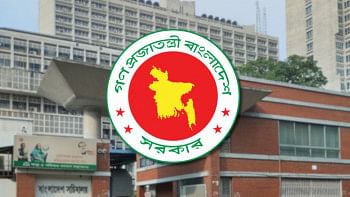UN blames Facebook for spreading hatred
UN human rights experts investigating a possible genocide in Myanmar said on Monday that Facebook had played a role in spreading hate speech there.
More than 650,000 Rohingya Muslims have fled Myanmar's Rakhine state into Bangladesh since insurgent attacks sparked a security crackdown last August.
The UN human rights chief said last week he strongly suspected acts of genocide had taken place. Myanmar's national security adviser demanded "clear evidence".
Marzuki Darusman, chairman of the UN Independent International Fact-Finding Mission on Myanmar, told reporters that social media had played a "determining role" in Myanmar, reported Reuters.
"It has ... substantively contributed to the level of acrimony and dissention and conflict, if you will, within the public. Hate speech is certainly of course a part of that. As far as the Myanmar situation is concerned, social media is Facebook, and Facebook is social media," he said.
UN Myanmar investigator Yanghee Lee said Facebook was a huge part of public, civil and private life, and the government used it to disseminate information to the public.
In response to the UN criticism, a Facebook spokesperson yesterday defended the site's anti-hate speech strategy and said it had invested significantly in technology and local language expertise in Myanmar, reported AFP.
"We take this incredibly seriously and have worked with experts in Myanmar for several years to develop safety resources and counter-speech campaigns," the spokesperson said.

 For all latest news, follow The Daily Star's Google News channel.
For all latest news, follow The Daily Star's Google News channel. 



Comments